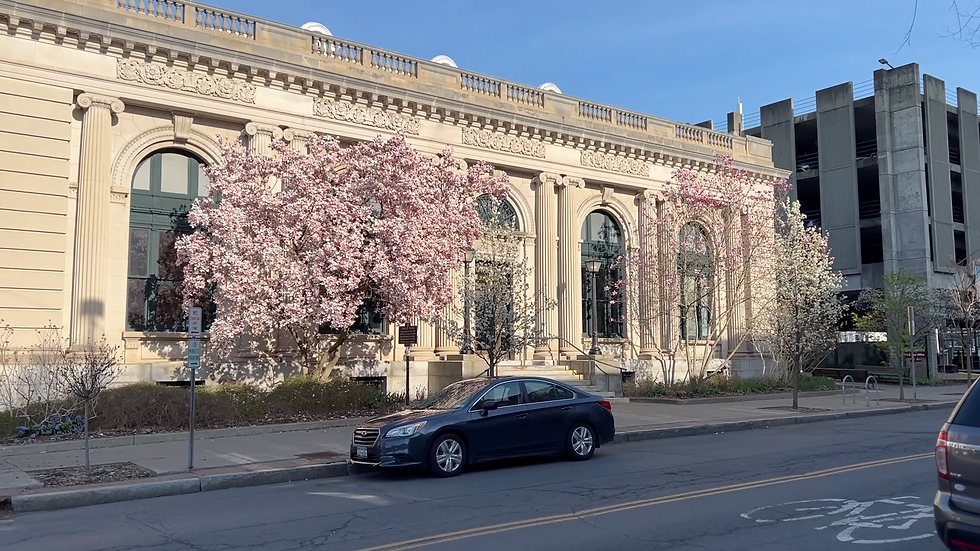Why Finding a Home in Ithaca Feels Impossible (And What’s Behind It)
- Allen Williams
- Jun 6
- 2 min read

If you’ve tried to find a place to live in Ithaca recently—whether you’re a student, a young family, or a long-time local—you’ve likely faced a frustrating reality: housing is expensive, scarce, and often doesn’t meet your needs.
This isn’t just your imagination. Ithaca is in the middle of a housing crisis that’s hitting residents across all income levels. But how did we get here, and what’s making it so hard to find a place to call home?
The Rental Squeeze
With Cornell University, Ithaca College, and a steady stream of temporary residents, rental demand is sky-high. Many landlords prioritize student renters, often packing multiple tenants into single-family homes or offering high rents for small apartments.
Median rent in Ithaca is well above state and national averages.
Apartments go quickly, and bidding wars aren’t uncommon.
Lease turnover often happens in summer, creating a seasonal frenzy.
For non-students, this creates a frustrating search process—and often a sense of displacement.
Not Enough Housing, and Not the Right Kind
Even with new development happening in Collegetown and Downtown, many of those projects are high-end apartments or luxury condos—out of reach for many working residents.
Affordable housing is extremely limited, with years-long waitlists for subsidized units.
Family-sized rentals are rare, especially ones with driveways or green space.
Short-term rentals and Airbnbs have further reduced the long-term rental supply.
Zoning Wars and Development Gridlock
The city has spent years debating how—and where—to build more housing. Recent efforts to implement form-based zoning have sparked tension between neighborhood preservation advocates and housing access proponents.
Some want to protect historic character and avoid overdevelopment.
Others argue that restrictive zoning is choking supply and driving up prices.
While zoning reform is meant to encourage “gentle density” (like duplexes and triplexes), it’s been met with vocal opposition and slow implementation.
The Cost of Buying is Just as Tough
For those looking to buy, the picture isn’t much better:
Inventory is low, with houses often going above asking price.
Interest rates remain high, keeping monthly payments steep.
Investors and out-of-town buyers sometimes snap up properties before locals get a chance.
It’s not uncommon to see modest homes priced well over $400,000, pushing many first-time buyers out of the market entirely.
Who’s Getting Left Behind?
The effects are widespread:
Essential workers—teachers, nurses, service industry employees—struggle to live in the city where they work.
Young adults who grew up in Ithaca often can’t afford to stay.
Low-income residents and seniors are increasingly vulnerable to displacement.
Is There Hope?
The City of Ithaca and Tompkins County are working on solutions—zoning updates, affordable housing incentives, and partnerships with nonprofit developers—but progress is slow.
In the meantime, residents are relying on creativity and community support: sharing housing, co-ops, and tenant unions are gaining traction as grassroots responses to the crisis.
Want to stay informed as these policies evolve?
👉 Sign up for the Life in Ithaca newsletter for weekly updates, explainers, and local voices.




Comments